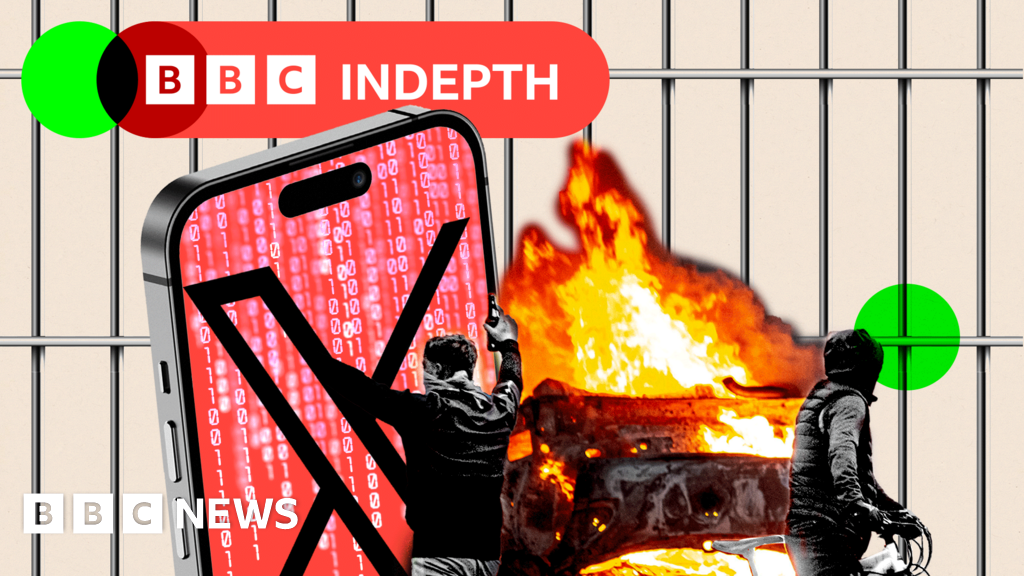Hezbollah (or "Hezbollāh," meaning "Party of God" in Arabic) is a Shia Islamist political and militant organization based in Lebanon. It has both a military wing, which is considered a terrorist organization by several countries, and a political wing that holds significant power in Lebanon’s government. The term "anti-Hezbollah" typically refers to opposition to Hezbollah's activities, influence, and ideology, both within Lebanon and internationally.
There are several reasons for anti-Hezbollah sentiment:
### 1. **Terrorist Designation**
Many countries, including the United States, Canada, and much of the European Union, have designated Hezbollah's military wing or the organization as a whole as a terrorist group. This is largely due to its involvement in acts of terrorism, including bombings, assassinations, and attacks against Israeli, Western, and other targets.
### 2. **Lebanese Political Scene**
Hezbollah has a significant influence in Lebanon’s politics, and many Lebanese, especially from non-Shia communities, view this as detrimental. Its armed wing operates outside of the Lebanese military, creating a "state within a state," which many Lebanese citizens oppose, as it undermines Lebanon’s sovereignty and government authority.
### 3. **Ties with Iran**
Hezbollah is closely aligned with Iran and is seen as a proxy for advancing Iranian influence in the region. Its critics, particularly Sunni Arab states like Saudi Arabia and Israel, view Hezbollah's relationship with Iran as a destabilizing factor in the Middle East.
### 4. **Role in Syria**
Hezbollah has played a significant role in the Syrian Civil War, fighting on behalf of the Assad regime. Its involvement, supported by Iran, has been criticized for prolonging the conflict and increasing sectarian tensions in the region.
### 5. **Israel Conflict**
Hezbollah has been in a long-standing conflict with Israel, particularly after the 2006 Lebanon War. Many anti-Hezbollah voices come from those who support Israel or oppose Hezbollah’s anti-Israel activities, including rocket attacks and military confrontations.
In summary, "anti-Hezbollah" sentiment arises from concerns over terrorism, regional instability, Iranian influence, and the group's internal role in Lebanon. Opposition to Hezbollah comes from both regional powers like Israel and Saudi Arabia, as well as internal factions within Lebanon and international actors.



